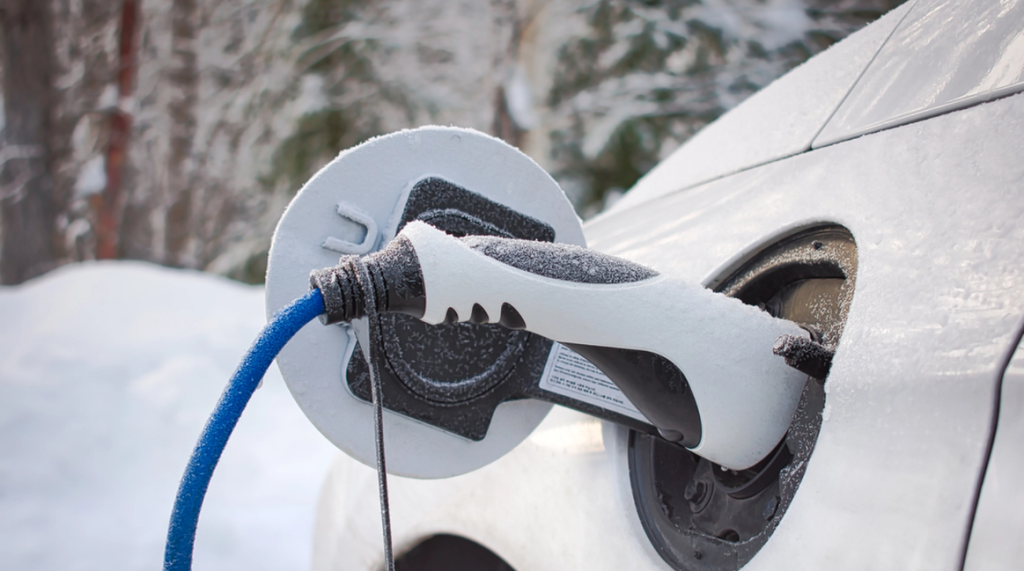Morten Sommer has come under fire for his claims.
Others are reading now
Danish professor Morten Sommer from the Technical University of Denmark (DTU) is under fire for equating the environmental impact of gasoline and electric cars in terms of resource consumption.
Researchers from the University of Southern Denmark (SDU) and Aalborg University have criticized Sommer’s new book, Is My Life Sustainable?, which questions the sustainability of electric cars.
Resource Consumption Debate
In the book, Sommer presents a graph illustrating the resource impact of electric cars, particularly due to battery production. He argues that the difference in sustainability between gasoline cars and electric cars is smaller than many believe.
“The difference in sustainability between a petrol car and an electric car is smaller than some might think,” Sommer told videnskab.dk.
Also read
According to Sommer, driving a large electric car like a Tesla Model S for 10,000 km in a year consumes nearly 382% of the annual “safe margin” for planetary resource use. A smaller electric car, he claims, uses 230% of the margin. By comparison, a regular gasoline car consumes just 69%.
Sommer’s conclusions have drawn criticism from experts in green technology.
Henrik Wenzel, a professor of chemical engineering at SDU, labeled the graph “cheesy” and expressed concern that it might discourage consumers from transitioning to electric cars.
Søren Løkke, an associate professor of sustainability at Aalborg University, echoed Wenzel’s concerns, emphasizing the importance of challenging Sommer’s data to ensure a balanced perspective.
Ongoing Concerns
While the debate over electric cars’ sustainability continues, there is agreement on one point: the production of electric vehicles, especially batteries, poses environmental challenges.
Organizations have repeatedly criticized car manufacturers for sourcing raw materials in ways that harm the environment and exploit labor.
In December 2024, Boosted highlighted these issues in a detailed report, further fueling the conversation about how sustainable electric cars truly are.


